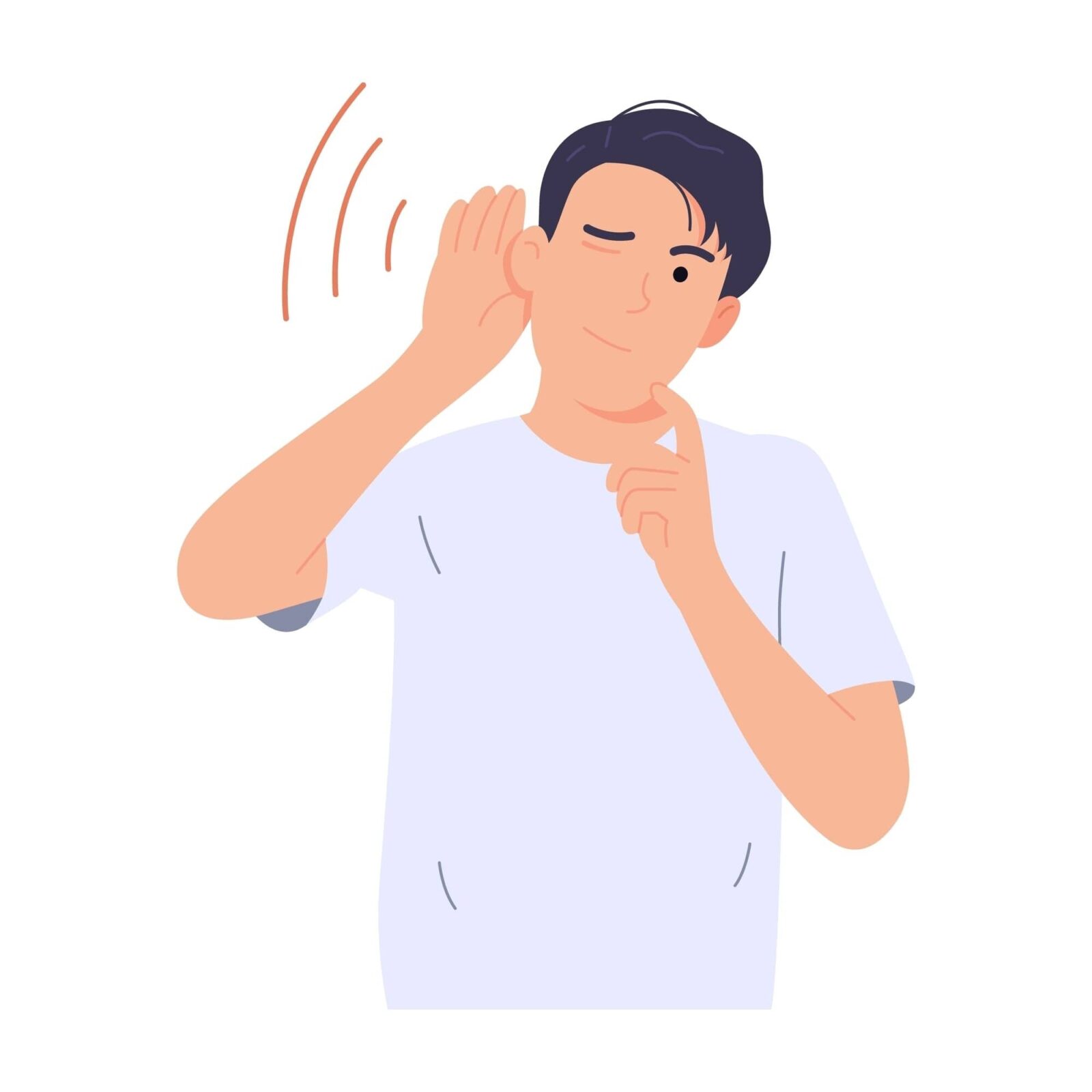Northern Hearing Health Centre
The more informed we are, the better equipped we are to care for our hearing health. On the blog, you’ll find articles covering topics to help you best understand hearing loss and solutions to manage it.
A Beginner’s Guide to Hearing Aids: What to Expect
Congratulations on starting your journey with hearing aids! Getting used to them can take some time, but with patience and practice, they can greatly improve your quality of life. Here’s what to expect and how to make the most of your new hearing aids. What to Expect When You First Start Using Hearing Aids It’s…
How Hearing Aids Have Changed: Modern Technology and Features
Hearing aids have come a long way from the bulky devices you might remember from the past. Thanks to modern technology, today’s hearing aids are smaller, smarter, and more powerful than ever. If you’re curious about how they have changed, here’s a look at some of the amazing features that make them so advanced—and helpful.…
Common Signs of Hearing Loss When to Seek Professional Help
Hearing is vital to our daily lives. It helps us communicate, enjoy music, and stay aware of our surroundings. However, hearing loss can sneak up on us gradually. Recognizing the signs early and seeking professional help can make a big difference. Common Signs of Hearing Loss The Importance of Early Intervention Treating hearing loss early…
Thank you for voting us the #1 Audiology Clinic!







